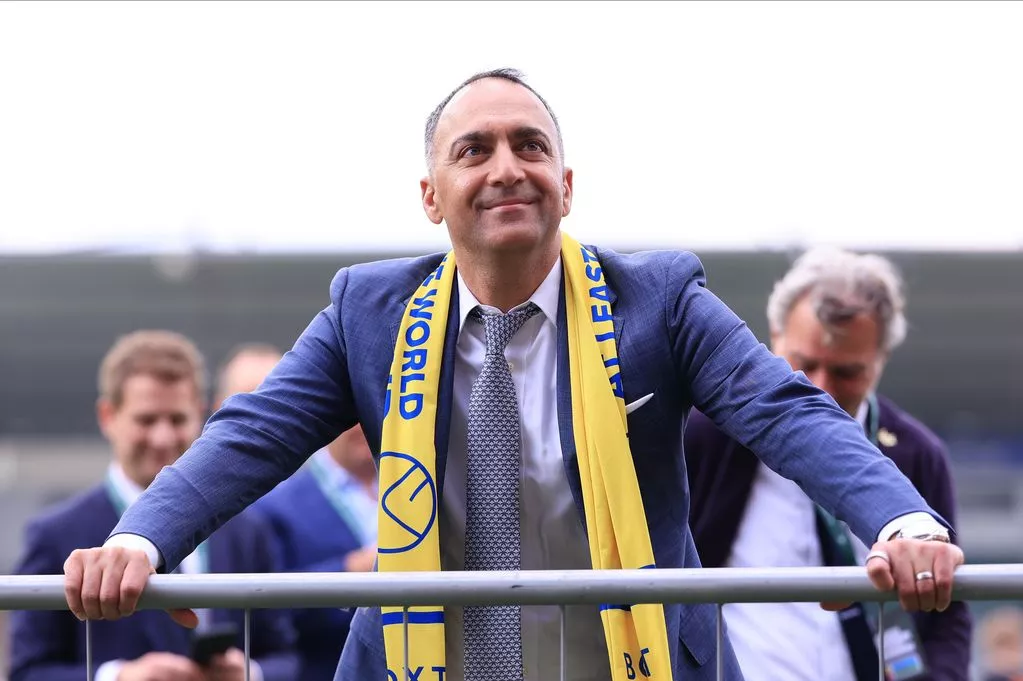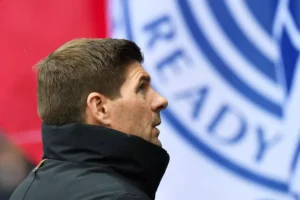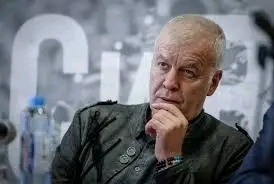
Rangers are nearing the completion of a deal that would see 49ers Enterprises partner with Andrew Cavenagh to take a controlling interest in the club. Former player and executive Dave MacKinnon, who has extensive experience both on the field and in football administration, offered his perspective on the potential shift.
MacKinnon, who played for top Scottish clubs like Rangers, Kilmarnock, and Dundee before holding executive roles at Kilmarnock, Dundee, and Morton, has a unique insight into the inner workings of Scottish football—from the locker room to the boardroom. He believes that in today’s game, many club executives lose sight of the core identity of these organisations: they are football clubs first and foremost.
At 68, MacKinnon worries Rangers have strayed from this identity, focusing too heavily on commercial gains at the expense of on-field success. He points to former CEO James Bisgrove, whose focus was primarily on boosting revenue, as an example of this shift in priorities.
Recalling his own time at Rangers from 1982 to 1986, MacKinnon expressed hope that the incoming partnership with 49ers Enterprises and Cavenagh could spark a new chapter. He praised the 49ers’ management of Leeds United, highlighting their strategy of empowering football experts like Gretar Steinsson—who’s now involved in Rangers’ search for a new manager.
In an interview with Mail Sport, MacKinnon said the club needs a clear vision and must realign its priorities. He noted that while commercial deals are important, they mean little if the team isn’t winning trophies or competing in Europe. He feels recruitment and football infrastructure have been neglected, and believes the potential new owners understand the importance of having experienced football minds guide decisions.
MacKinnon emphasized the need for alignment across all departments—boardroom, coaching staff, commercial operations, and fanbase—for the club to succeed. While optimistic about the incoming leadership, he also warned supporters not to expect immediate success. With Celtic currently dominant, he believes it could take up to two years before Rangers can seriously challenge again.
Recruitment is a major concern for MacKinnon. He criticized recent signings as being too focused on statistics and resale value, without considering whether players are mentally equipped to handle the pressure at a club like Rangers. He also noted weaknesses in defensive recruitment and contract management.
Though he anticipates improvements next season, MacKinnon is realistic about the scale of the task ahead. He estimates that only seven or eight players currently meet the club’s standards, with several others falling short. Still, he’s hopeful that with the right structure in place, Rangers can return to the top—though patience will be required.
“The football side must be right,” MacKinnon stressed. “That’s the foundation for everything else.”







